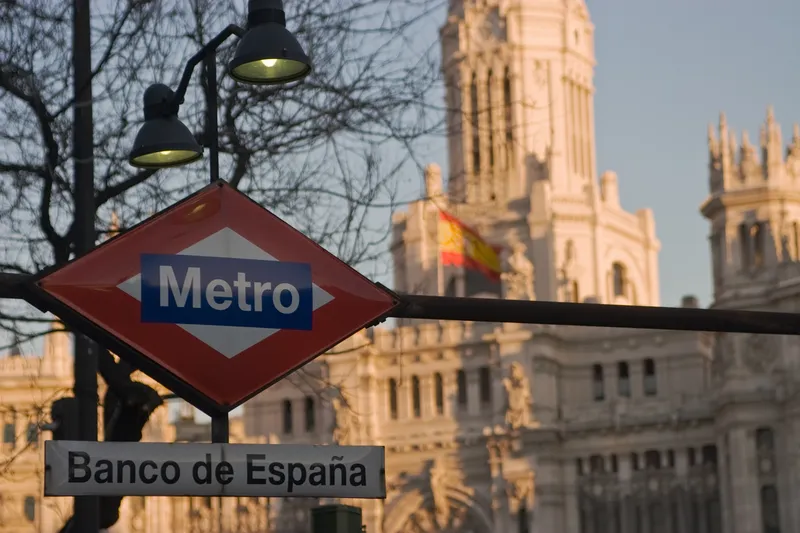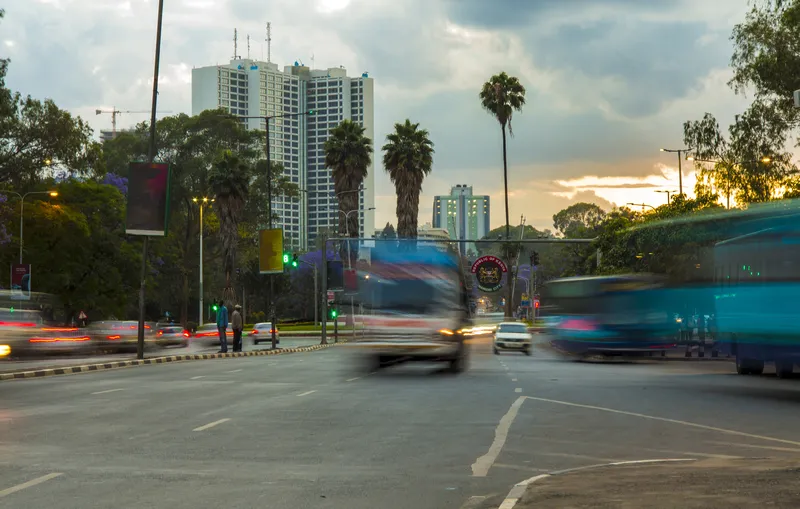
GMV has been selected to install its contactless EMV bank payment system for most of the Madrid Regional Transportation Consortium (CRTM) concessions.
GMV said the service represents a decisive step towards a more digital, accessible and sustainable mobility model for the Spanish capital.
During the power outage that recently affected a large part of the Iberian Peninsula, GMV says operators using EMV transit still recorded 98.6% of their normal weekday validation figures.
The announcement builds upon a pilot project launched last December in three locations near Madrid: San Lorenzo de El Escorial, Torrejón de Ardoz and Pozuelo de Alarcón.
GMV said the pilot demonstrated that EMV payments are an effective way of enhancing the user experience, speeding up bus boarding and encouraging the use of public transportation by residents and visitors.
GMV will expand its presence as a technology provider for ticketing systems within CRTM’s concession network, reaching nearly 70% of the fleet with its TV100 validators and ticketing solutions.
The TV100 validator is one of the key elements of deployment, and can accept payments using physical bank cards, as well as virtual cards on smartphones and smartwatches.
GMV’s solution ensures that passengers will have standardised experience across the entire transportation network, regardless of the operator or line.
It is also designed to be fully integrated with Madrid’s future account-based ticketing (ABT) system, which will ensure a natural evolution towards more advanced and flexible fare models.
The system uses EMV tokens and onboard logic components, allowing for offline operation with no need for a real-time connection to banks.










